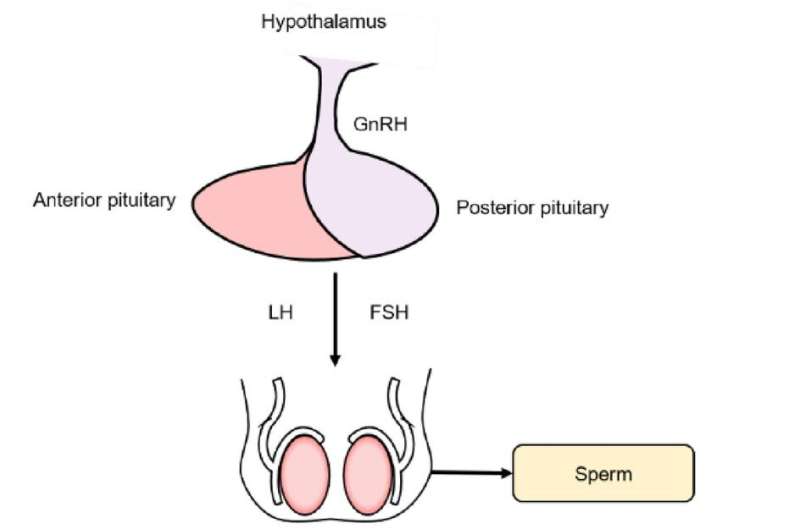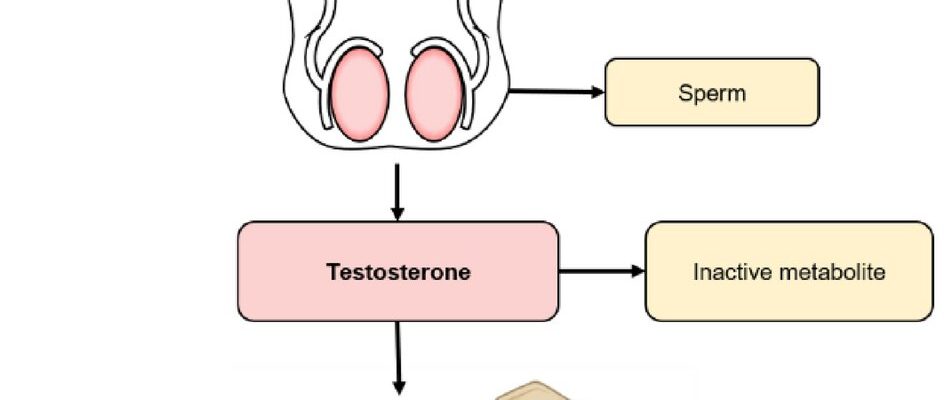Lower testosterone correlated to higher rates of osteoarthritis in a non-dose–dependent way

Researchers at the Wuhan Sports University, China, have found a negative association between serum testosterone levels and arthritis. The relationship between serum testosterone and arthritis appeared nonlinear, and the finding of a correlation could not establish a direct causal relationship.
In a paper, “Lower serum testosterone is associated with increased likelihood of arthritis,” published in Scientific Reports, the team delves into the relationship between serum testosterone levels and arthritis in US adults using the National Health and Nutrition Examination Survey (NHANES) data from 2013 to 2016.
Participants in the highest quartile of testosterone levels had a significantly reduced risk of developing arthritis compared to those in the lowest quartile.
In line with prior studies showing lower testosterone levels in arthritis patients compared to the general population, significant associations were found between testosterone and arthritis, particularly in women and individuals with a BMI ≥ 30 kg/m2.
Overall, the correlation between serum testosterone and arthritis appeared nonlinear based on curve fitting analysis, suggesting that more complex processes are involved that cannot be attributable to testosterone alone.
The findings highlight the potential roles of hormones like estrogen and testosterone in cartilage metabolism. Testosterone can be converted to estradiol, which binds to estrogen receptors and may regulate bone and cartilage physiology. The current study did not directly investigate this pathway but suggests it as a possible line of inquiry for future prospective studies.
In another scenario, testosterone exposure could act as a protective agent against inflammation. Inflammatory molecules can induce cartilage degradation by activating enzymes that break down the extracellular matrix of cartilage.
Testosterone binds to specific androgen receptors, forming active complexes that regulate gene expression. Androgens, including testosterone, are natural immunosuppressive agents that affect the immune system directly or regulate cytokine levels and lymphocyte function.
The authors suggest this might contribute to making men less susceptible to autoimmune diseases by altering immune response pathways, though confirmation of this idea was beyond the scope of the current study.
Osteoarthritis is a common pathology occurring in most people over 65. The primary symptoms include joint pain and stiffness, though the condition has a wide range of associated tissue and location-specific manifestations that include cartilage, bone, muscles, ligaments and other joint tissues.
Treating osteoarthritis as a disease is complex partly because symptoms rather than causes define it. The characteristics of osteoarthritis, as it affects various joint sites, can appear to be a primary or secondary condition, causing tissue damage through inflammation or resulting from damaged tissues that lead to inflammation.
As research progresses, the different causes and influences of the symptoms can be identified to make more targeted treatments and prevention methods available.
More information:
Lulu Cheng et al, Lower serum testosterone is associated with increased likelihood of arthritis, Scientific Reports (2023). DOI: 10.1038/s41598-023-46424-1
Journal information:
Scientific Reports
Source: Read Full Article
